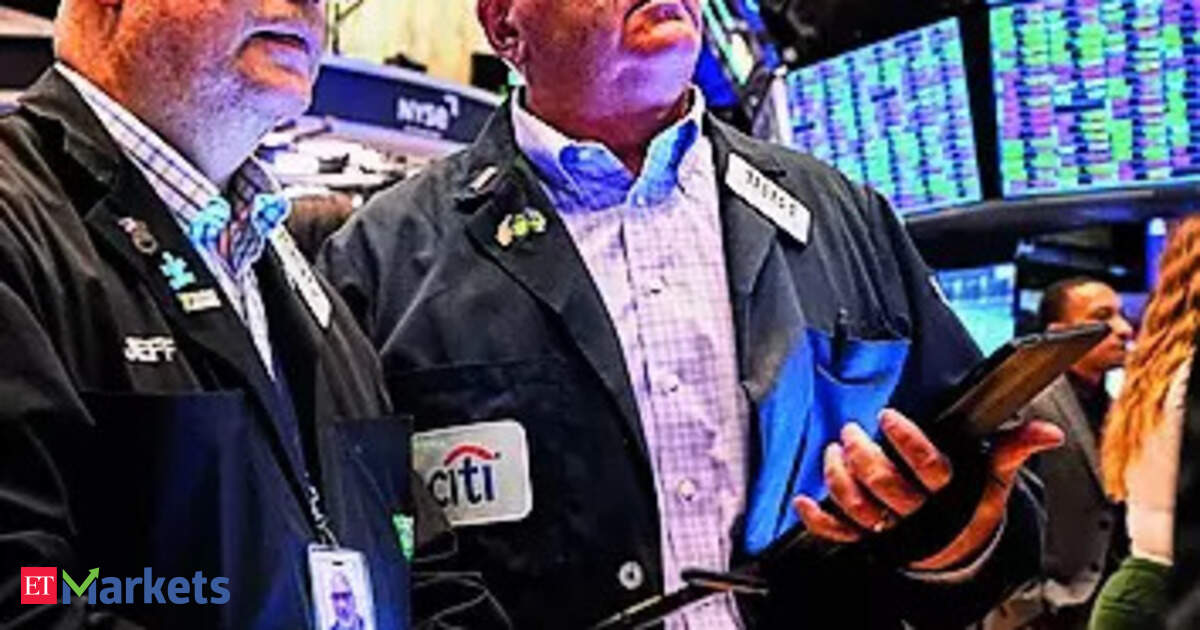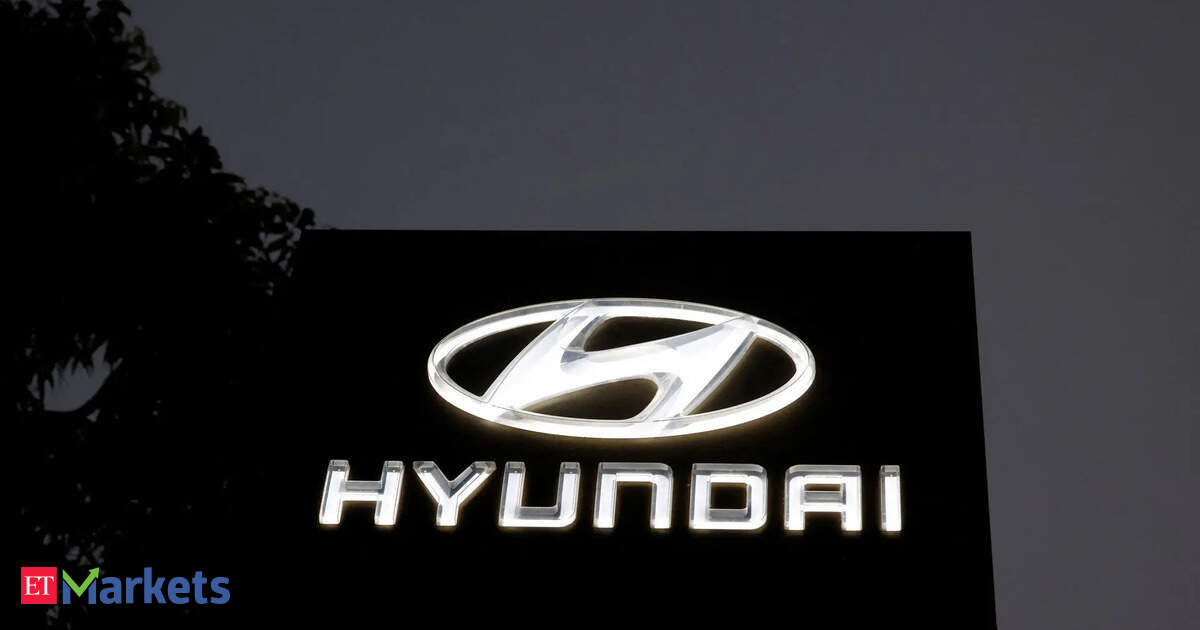Because that’s where the party is now. Companies are staying private for longer-the number of publicly traded companies has dropped by nearly half over the past three decades, with nearly 1,500 startups worldwide currently boasting a valuation of $1 billion or more-and, according to the global consultancy Bain & Company, private market assets have more than tripled since 2013. The firm expects them to grow twice as fast as public assets in the future, reaching $62 trillion globally by 2034.
Historically, private equity investments were accessible only to wealthy and experienced investors. But in recent years, interest has soared among the retail class.
Fund managers, brokerage houses and savvy startups are racing to build new products that expand access to all, and the newly appointed chair of the Securities and Exchange Commission, Paul S. Atkins, has signalled he supports the goal.
“This is just the beginning,” said the senior vice president of Robinhood Crypto, Johann Kerbrat, who is leading Robinhood’s efforts to make PE tradable on its platform.
Washington appears to be on board. Investments in private companies have typically been reserved for “accredited investors“-people that earn more than $200,000 a year or have a net worth of at least $1 million. The requirement is meant to protect everyday investors from high-risk investments. “There’s not a lot of clarity, you can’t get your money out, and you might lose all your money,” said Jonathan Foster, the CEO at Angeles Wealth Management.Atkins indicated in May he planned to expand private markets access for retail investors. “Financial innovation sometimes means getting out of the way of capital formation,” he said.The White House is reportedly finalising an executive order allowing 401(k) retirement savings plans to invest in private equity, according to The Wall Street Journal. That would ease the legal concerns that have kept private equity out of the US defined contribution market, which has grown from $9.6 trillion in 2022 to $12.4 trillion in 2024.
New firms specialise in a secondary market for private shares. Trading platforms such as Forge Global, Destiny, Augment, Hiive, and EquityZen act as middlemen between early employees of private companies looking to sell their shares and public investors hoping to put their money in the private entity. Forge, for example, currently offers investment opportunities in roughly 200 hotshot private companies such as SpaceX, OpenAI, Anthropic, Figma and Stripe-with nearly 2,000 companies on the firm’s radar.
While these platforms require investors to be accredited, they have made it easier to find private shares (sometimes without permission from the companies that issued them).
In March, Forge lowered its minimum investment threshold to just $5,000. “We believe in broadening access to all investors,” said the company’s chief strategy officer, Howe Ng, adding that Forge’s total trading volume for the first quarter of 2025 increased by 132% over the prior quarter, topping out at $692.4 million.




